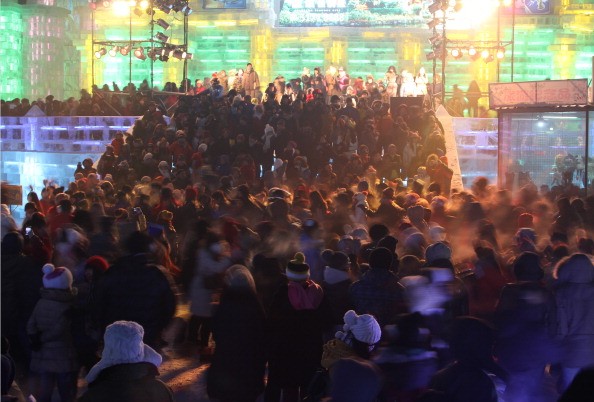Back in the 19th and 20th century, the northeastern city of Harbin welcomed large numbers of Polish immigrants, according to an article by Xinhua News Agency. To remember this oft-forgotten heritage, an exhibition was recently held at the Central Library of the West Pomeranian Province in Szczecin, Poland.
The exhibit, titled “Poles in Manchuria 1897-1949” featured hundreds of documents and photographs collected from people who relocated to Harbin, and eventually returned to their motherland.
The Archives of Modern Records organized the exhibit. It opened on March 23 in Szczecin and will run until April 28. The exhibit will then move to the cities of Gdansk and Warsaw.
“Our parents instilled the love for Harbin in our hearts,” Romuald Oziewicz, who works as the chairman of the Polish Harbiners Club in Szczecin, told Xinhua.
Oziewicz’s family left Poland for Harbin in search of greener pastures. He was born in Harbin in the year 1950. As time went on, the whole family decided to move back to Poland.
According to Oziewicz, the Poles started immigrating to Harbin in the late 19th century, when the Russian Empire announced its plans to construct the Chinese Eastern Railway. Polish workers were attracted to the prospect and eventually made their way to China. Other Polish immigrants, meanwhile, fled to China from Siberia.
The Polish community in Harbin, also known as Ice City, mostly consisted of well-educated individuals, said Oziewicz.
Around 1949, the Poles started to move back to Poland. Of the 800 people who made the big decision, 500 chose to settle down in Szczecin, which is why the Harbiners Club is most active in the city, according to Oziewicz.
The Harbiners Club has about 30 to 40 active members, a mix of first and second generation Polish immigrants. To this day, they try to keep alive memories of Harbin left by their parents by organizing special events every year.
“Now when parents are gone, we have to keep this memory,” Oziewicz said.



























